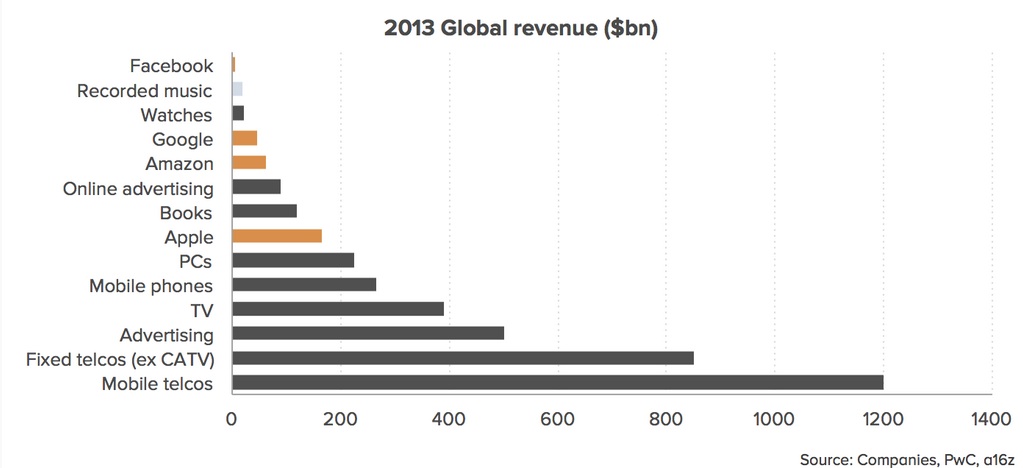Nauseating but true: the FCC voted today to allow the creation of ‘fast lanes’ on the Internet — in other words to undermine the principle of Net Neutrality. At the same time the Chairman denied that it was doing that.
“There is one Internet. It must be fast, it must be robust, and it must be open,” FCC Chairman Tom Wheeler said this morning. And with that, the FCC voted to move forward with a plan that will make the Internet less open.
This is the kind of doublespeak Wheeler has engaged in since early details of his net neutrality plan have emerged — and alarmed big tech companies, startups, venture capitalists, advocacy groups and others, who have spoken out in hopes of saving the open Internet. Despite seemingly contradictory language in a fact sheet put out by the FCC, the plan by Wheeler, who got the 3-2 vote he needed today, would allow broadband providers to charge content providers for faster delivery of their offerings. This is being commonly referred to as the creation of Internet fast lanes. But Wheeler says those broadband companies won’t be allowed to block or slow network traffic.
LATER:
I think it would be more accurate to say that the FCC funked a clear decision and kicked the issue into the long grass for the time being. Farhad Manjoo has a more judicious summary in the NYT. But it won’t go away.

